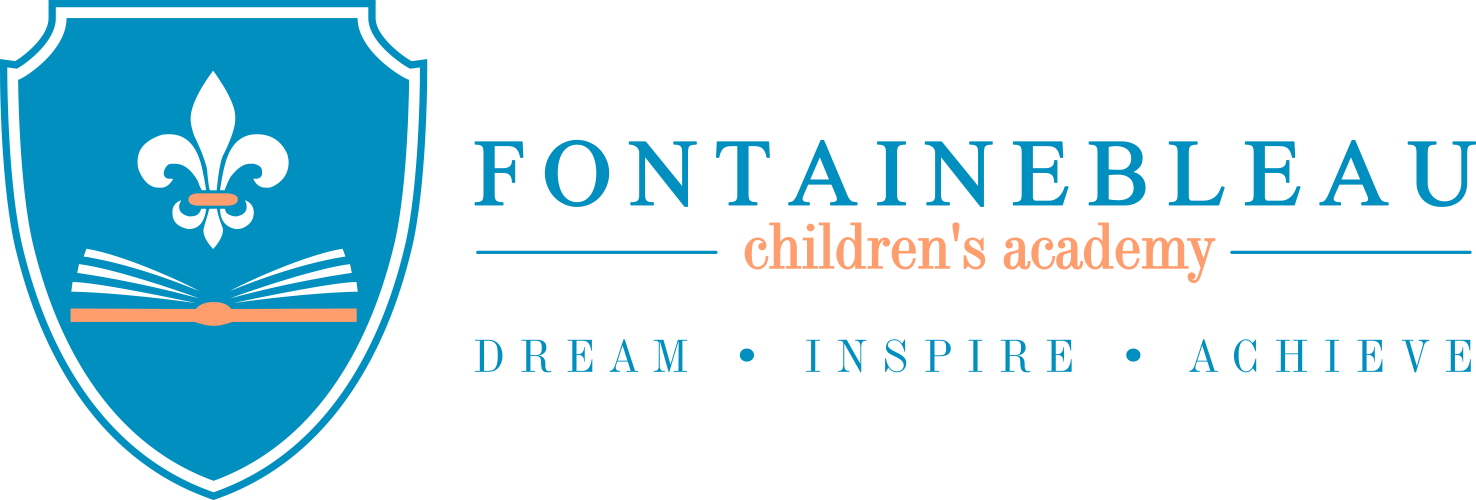Make Reading Fun This Summer: Literacy Activities That Last
Language is the foundation of early learning-and reading is one of the most effective ways to build it. But literacy is more than just books: it's conversation, storytelling, rhyming, and play. With simple, engaging literacy activities, families can strengthen reading skills while fostering a lifelong love for language.
Why Summer Reading Matters:
Children exposed to reading at an early age often show stronger language development, better listening skills, and higher emotional literacy. Participating in a summer reading program or even creating your own reading list for kids keeps those benefits active all year.
Learning Modalities Engaged:
- Auditory: Listening to stories and sounds
- Visual: Recognizing letters, pictures, and patterns
- Linguistic: Speaking, reading aloud, rhyming
Try This at Home:
- Set up a "book basket" in every room
- Play rhyming games or sing alphabet songs in the car
- Act out characters with puppets or costumes
- Keep a reading log and celebrate milestones
Brain Benefits:
- Activates the left temporal lobe (language and phonological processing)
- Strengthens comprehension and inference skills
- Encourages symbol recognition and decoding
Social-Emotional Benefits:
- Enhances emotional understanding through character experiences
- Improves self-regulation and focus
- Fosters empathy and perspective-taking
Final Thoughts:
Every time you read with your child, you're investing in their future learning. Whether it's a picture book before bed or a word game in the car, literacy is a gift that continues to grow.




